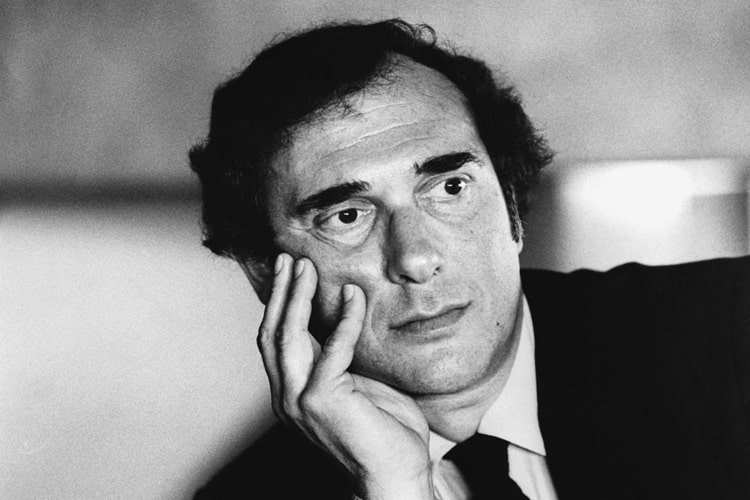Celebrating life and legacy of Harold Pinter

Harold Pinter (10 October 1930 – 24 December 2008) was a British playwright, screenwriter, director and actor.
Life and Career
Harold Pinter was born on October 10, 1930, in Hackney, London, England. He grew up in a working-class Jewish family. Pinter’s early life was marked by the impact of World War II, and he experienced the Blitz firsthand, which influenced his later works.
Pinter attended Hackney Downs School, where he showed an early interest in literature and drama. However, his formal education was cut short when he left school at the age of 16. Despite not pursuing higher education, Pinter continued to educate himself through independent reading and experiences.
Pinter initially pursued a career as an actor in the late 1940s. He performed in various repertory companies and toured with Anew McMaster’s Shakespearean troupe.
Pinter’s breakthrough as a playwright came with “The Birthday Party,” which premiered in 1958. This play marked the beginning of his distinct voice and style. Pinter’s works are characterized by enigmatic dialogue, pauses, and a sense of menace. Other notable plays include “The Caretaker,” “The Homecoming,” and “The Betrayal.”
In addition to his success in the theater, Pinter became a respected screenwriter. He adapted many of his own plays for film, including “The Servant” (1963) and “The Go-Between” (1971). He also wrote screenplays for other works, such as “The French Lieutenant’s Woman” (1981).
Pinter was known for his strong political views and activism. He was a vocal critic of various political regimes, including the United States’ foreign policies. His Nobel Prize acceptance speech in 2005, titled “Art, Truth, and Politics,” addressed issues of power and injustice.
Harold Pinter passed away on December 24, 2008, at the age of 78, after a battle with cancer.
Award and Legacy
Pinter received the Nobel Prize in Literature in 2005. The Nobel Committee recognized his “unmistakable voice” that uncovers the “precipice under everyday prattle” and his ability to force entry into oppression’s closed rooms.
Harold Pinter’s impact on theater is immeasurable. His distinctive style, characterized by pauses, subtext, and the use of language to convey underlying tension, has influenced generations of playwrights. The term “Pinteresque” has even been coined to describe plays or films that exhibit a similar atmosphere of menace and psychological complexity.
Pinter’s plays are studied in literature courses worldwide, and his works continue to be performed globally. His exploration of power dynamics, language, and the human condition remains relevant and thought-provoking.
Pinter’s outspokenness on political issues, particularly his criticism of war and human rights abuses, has left a lasting legacy. His Nobel Prize acceptance speech, in which he criticized U.S. foreign policy, is still widely cited and discussed.
Pinter’s work as a screenwriter, adapting his own plays and creating original screenplays, has left a mark on the film industry. The films based on his scripts, such as “The Servant” and “The Go-Between,” are considered classics.
Observer Voice is the one stop site for National, International news, Sports, Editor’s Choice, Art/culture contents, Quotes and much more. We also cover historical contents. Historical contents includes World History, Indian History, and what happened today. The website also covers Entertainment across the India and World.

